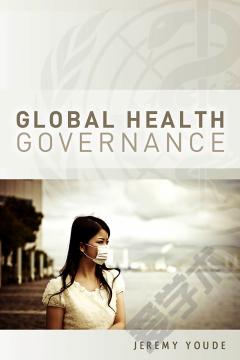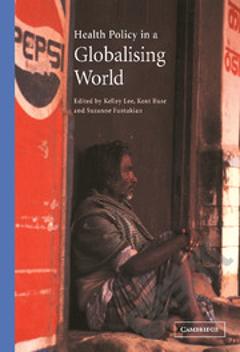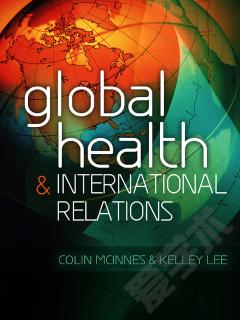Global Health Governance in International Society
Over the course of a single generation, the international community has undergone a radical shift in its views on its collective obligation to address health in low- and middle-income countries. This shift toward accepting the need to respond to global health concerns is rhetorical, behavioral, and financialâand has been maintained even in light of the incredible economic issues and austerity policies that have faced high-income states since 2008. What explains this shift in the international community's sense of obligation and the necessity of actuating an effective response? This article argues that the role and prominence of global health governance within international society reflects its emergence as a secondary institution within international society.
{{comment.content}}








 京公网安备 11010802027623号
京公网安备 11010802027623号